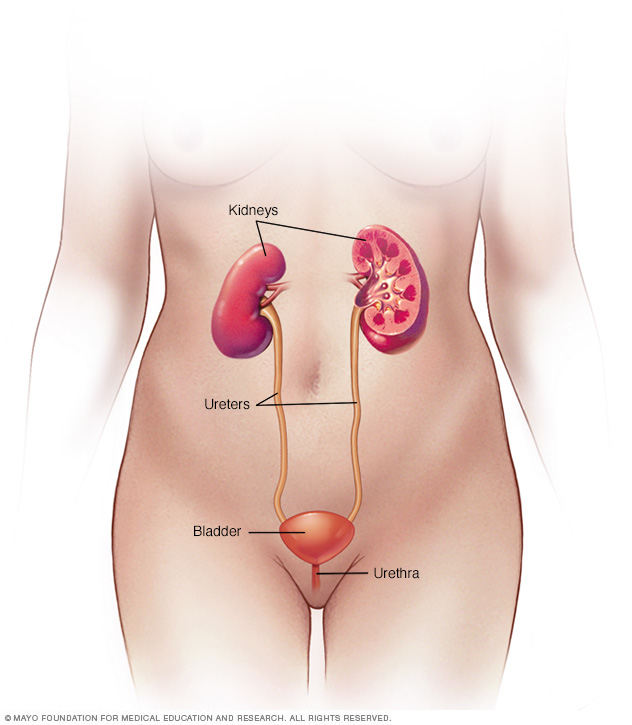Sinus headaches can be a major discomfort Migraine Clinic, affecting your daily life with symptoms like pressure around the eyes, nose, and forehead, throbbing pain, and even nasal congestion. Often triggered by sinus infections or allergies, these headaches can be particularly challenging to manage if not properly addressed. Fortunately, there are many effective remedies and treatments to help you find relief from sinus headaches. This guide explores the causes of sinus headaches and provides practical ways to reduce and prevent them.
Understanding Sinus Headaches
A sinus headache occurs when the sinuses—air-filled cavities in the skull—become inflamed or blocked, usually due to a sinus infection or allergies. This inflammation creates pressure, leading to pain and discomfort around the face, particularly near the eyes, nose, and forehead. Sinus headaches can also cause other symptoms, such as:
- Nasal congestion
- Reduced sense of smell
- Thick nasal discharge
- Facial tenderness or swelling
- Pain that worsens when bending forward
These symptoms can be similar to those of a migraine, so it’s important to identify the exact cause of your headache to ensure effective treatment.
Causes of Sinus Headaches
Sinus headaches can have a variety of causes, including:
- Sinus Infections (Sinusitis): When a viral or bacterial infection affects the sinuses, it can lead to inflammation and congestion.
- Allergies: Allergic reactions can cause inflammation in the sinuses, leading to headaches.
- Deviated Septum: A structural issue in the nose can lead to sinus blockages and increased pressure.
- Environmental Factors: Cold, dry air, smoke, or strong odors can irritate the sinuses and contribute to headaches.
Understanding the root cause can help you choose the most effective relief methods.
How to Get Rid of a Sinus Headache: 10 Effective Methods
1. Stay Hydrated
Drinking plenty of water is essential for keeping your sinuses moist and reducing congestion. Staying hydrated helps thin the mucus, making it easier for your sinuses to drain. Aim to drink at least 8 glasses of water daily, and avoid caffeine and alcohol, which can cause dehydration.
2. Use a Humidifier
Dry air can irritate the sinuses and worsen headaches. Using a humidifier in your home, especially in your bedroom, helps keep the air moist, which can relieve sinus pressure. Try setting the humidity level between 30-50% for optimal relief.
3. Steam Inhalation
Inhaling steam is a natural way to reduce sinus congestion and relieve headache pain. Boil a pot of water, carefully lean over it, and cover your head with a towel to trap the steam. Breathe deeply for 5-10 minutes, allowing the steam to reach your nasal passages. Adding essential oils like eucalyptus or peppermint to the water can enhance the effect.
4. Warm Compress
Applying a warm compress to your face can help reduce sinus pain by loosening mucus and improving circulation in the sinus area. Place a warm, damp towel over your forehead and nose, and relax for 10-15 minutes. Repeat this several times a day for best results.
5. Saline Nasal Rinse
Saline nasal rinses can help clear out the sinuses and reduce inflammation. Using a neti pot or nasal irrigation device, rinse your nasal passages with a saline solution (a mixture of warm, distilled water and salt). This can flush out allergens, bacteria, and mucus, providing quick relief.
6. Over-the-Counter Medications
Several over-the-counter medications can help relieve sinus headaches:
- Decongestants: These reduce swelling in the nasal passages, helping to ease sinus pressure and congestion. However, they should not be used for more than a few days in a row, as overuse can worsen symptoms.
- Pain Relievers: Medications like ibuprofen or acetaminophen can reduce pain and discomfort associated with sinus headaches.
Always consult with a doctor if you’re unsure about which medication to take, especially if you’re managing other health conditions.
7. Essential Oils
Certain essential oils have natural anti-inflammatory and decongestant properties that can help relieve sinus headaches:
- Peppermint Oil: Known for its cooling effect, peppermint oil can reduce headache pain. Dilute it with a carrier oil and apply a small amount to your temples or inhale the scent.
- Eucalyptus Oil: Eucalyptus oil can relieve nasal congestion by opening up the airways. Add a few drops to a diffuser or hot water for inhalation.
Remember to use essential oils carefully, as some people may be sensitive to them.
8. Avoid Triggers
If your sinus headaches are triggered by allergens, avoid exposure to these substances. Common allergens include pollen, dust mites, and pet dander. Keeping your home clean, using air purifiers, and washing bedding regularly can help reduce allergy-related sinus headaches.
9. Practice Stress Reduction Techniques
Stress can make headaches feel worse and lead to muscle tension, which can exacerbate sinus pain. Try incorporating relaxation techniques into your daily routine, such as:
- Deep Breathing Exercises
- Meditation
- Yoga
These practices can help reduce overall stress, allowing you to better manage sinus headache symptoms.
10. Seek Medical Treatment for Chronic Sinusitis
If you experience frequent or long-lasting sinus headaches, consult a healthcare professional. Chronic sinusitis may require prescription medications, such as antibiotics or nasal corticosteroids, to manage the infection and reduce inflammation.
In some cases, structural issues like a deviated septum might be causing your sinus problems. A healthcare provider may recommend surgery or other procedures to improve sinus drainage if other treatments have not been effective.
Home Remedies vs. Medical Treatment: When to Seek Help
While home remedies are effective for many people, there are instances when professional medical treatment may be necessary. Seek help from a healthcare provider if:
- Your symptoms persist for more than 10 days
- You have a fever along with your sinus headache
- Over-the-counter medications are not effective
- You have severe facial pain and swelling
Medical treatment options may include antibiotics, corticosteroids, and in some cases, surgical interventions for chronic sinus problems.
Preventing Sinus Headaches: Tips for Long-Term Relief
Prevention is key when it comes to sinus headaches. Here are some tips to reduce your risk of developing sinus headaches in the future:
- Practice Good Hygiene: Regular handwashing can reduce your risk of infections that cause sinusitis.
- Avoid Smoking and Secondhand Smoke: Smoke irritates the nasal passages, making sinus problems worse.
- Keep Indoor Air Quality High: Use air purifiers to reduce allergens, and avoid strong scents or chemicals that can trigger sinus inflammation.
- Stay Hydrated and Maintain a Balanced Diet: Good hydration and a diet rich in fruits, vegetables, and lean proteins can boost your immune system.
- Consider Allergy Testing: If allergies are causing your sinus headaches, an allergy test can help identify triggers, allowing you to avoid them effectively.
Conclusion
Sinus headaches can be painful and disruptive, but you don’t have to suffer in silence. By using a combination of at-home remedies like hydration, steam inhalation, and nasal rinses, you can often find quick relief. Over-the-counter medications, essential oils, and relaxation techniques can also play a role in managing symptoms. If your sinus headaches persist or worsen, consult a healthcare professional for personalized treatment options.
Remember, everyone’s body responds differently to treatment, so be patient and try various methods to find the relief that works best for you. With a proactive approach, you can reduce the frequency and intensity of sinus headaches and enjoy a life with fewer disruptions.




